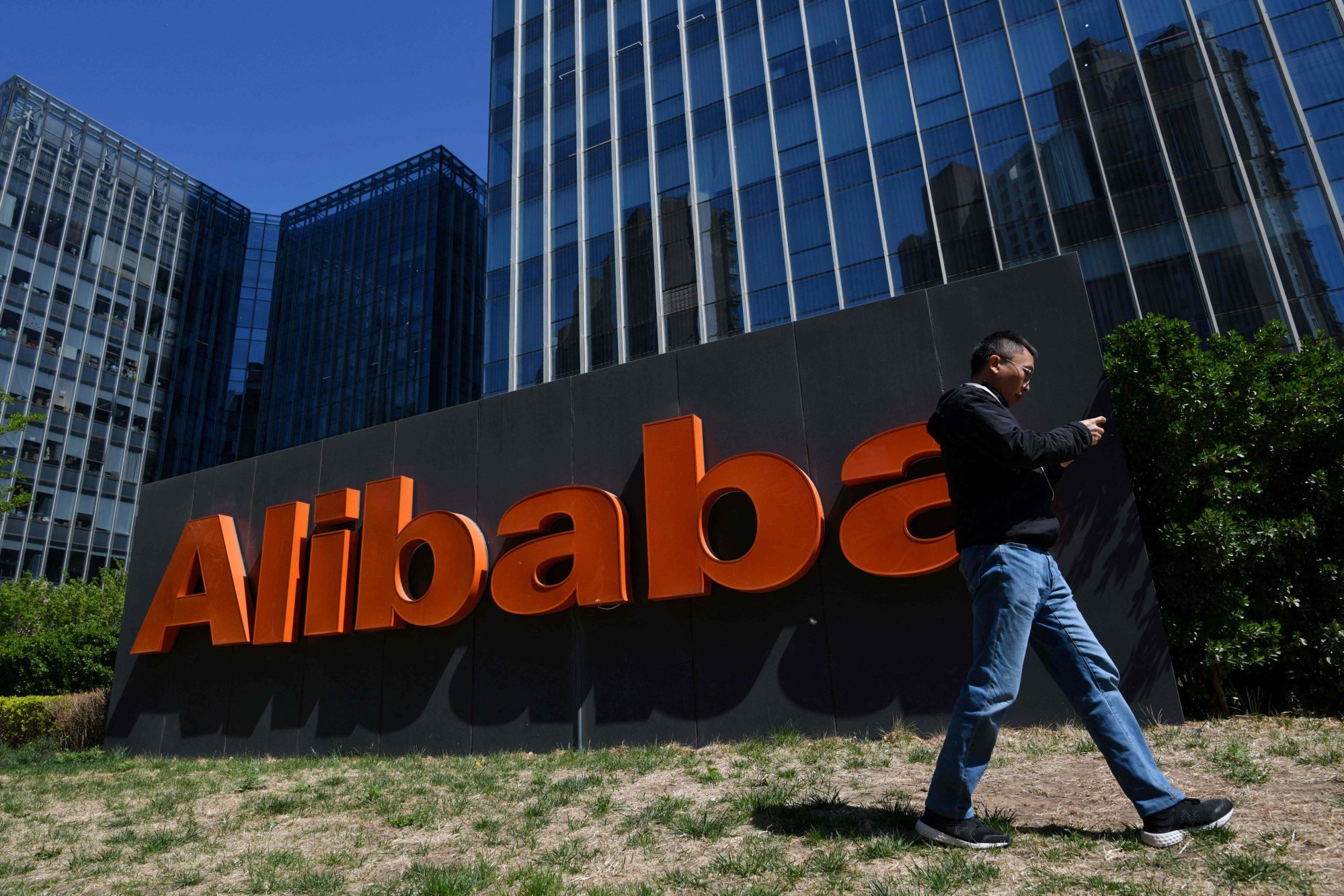
Alibaba names Eddie Wu as new Taobao and Tmall CEO in major move to fend off competition
- Eddie Wu Yongming, chairman of Alibaba’s Taobao and Tmall Group, will become the chief executive of the combined e-commerce group
- Trudy Dai Shan, who was appointed CEO of Taobao and Tmall in March, will step aside to assist in setting up an asset management company
Alibaba Group Holding is reshuffling the top ranks of its most important profit earner since its sweeping restructuring started over half a year ago, as it tries to regroup after its value fell behind rival PDD Holdings.
“Eddie’s leadership of both Alibaba Cloud and TTG will ensure total focus on, and significant and sustained investment in, our two core businesses of cloud computing and e-commerce, as well as enabling TTG to transform through technology innovation,” Tsai wrote.
Alibaba shares gained more than 3 per cent in morning trading in Hong Kong.
The reshuffle marks the start of a revamp of Taobao and Tmall that aims to direct the two e-commerce platforms to focus more on consumer services and experiences, according to insiders briefed on the matter.
The changes came two weeks after PDD, which runs the Chinese discount shopping platform Pinduoduo, surpassed Alibaba in market value. Morgan Stanley downgraded Alibaba, the Hangzhou-based company, over a slower turnaround in its key businesses of Taobao and Tmall and cloud computing services.
PDD – founded 16 years after Alibaba’s establishment – was valued at US$197.2 billion, more than Alibaba’s US$187.8 billion, based on Tuesday’s New York closing prices.
The rise of PDD even elicited a response from founder Jack Ma, three years after his retirement as Alibaba’s executive chairman. PDD, which also runs Pinduoduo’s global platform Temu, posted a 94 per cent increase in its third-quarter revenue, outpacing Alibaba’s 9 per cent sales growth in the same period.
The rise of PDD has raised the urgency for Alibaba to improve its business.
“As PDD is now ahead of Alibaba in market value, Taobao has to seek new breakthroughs,” said Zhuang Shuai, founder and chief analyst at e-commerce consultancy Bailian. Artificial intelligence offers a chance for Alibaba to remake its e-commerce business, he added.
Wu, 48, a founding member of Alibaba Group, has highlighted artificial intelligence and client service as the future for Alibaba.

The stock price of Alibaba has dropped three-quarters from its peak in late 2020, even as the e-commerce giant has delivered steady revenue and profit growth. Its operating profit in the September quarter rose 34 per cent from a year ago to 33.6 billion yuan (US$4.75 billion), double PDD’s earnings in the same quarter.
Additional reporting by Ben Jiang


